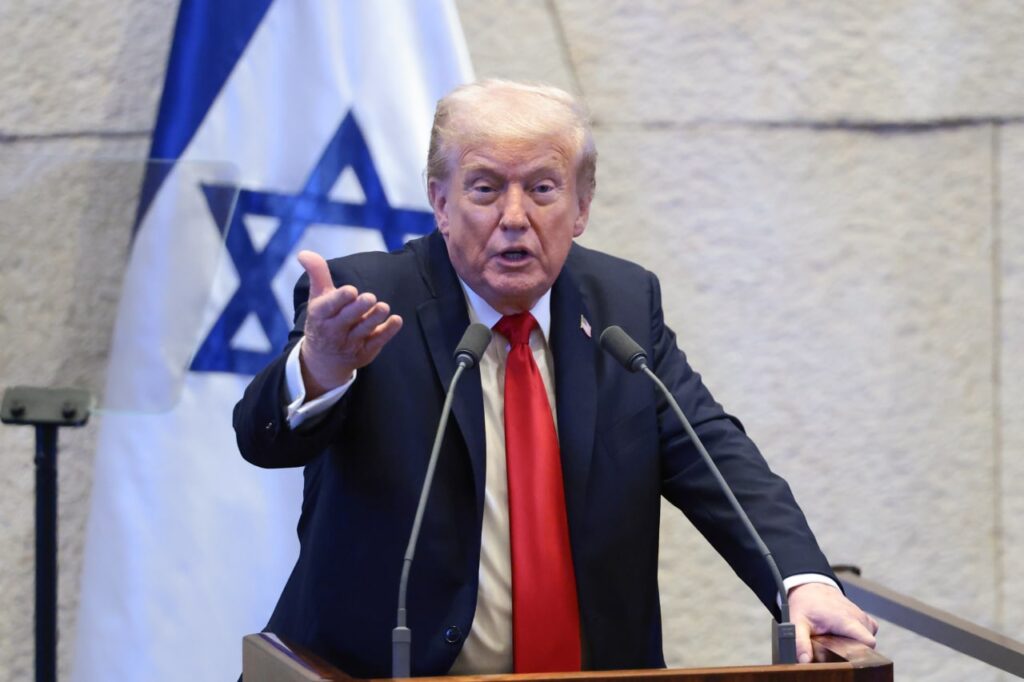
Former U.S. President Donald Trump has secured a significant place in history with the announcement of a new peace deal aimed at resolving tensions in Gaza. This agreement marks a pivotal moment in the ongoing Israeli-Palestinian conflict, potentially reshaping the political landscape as the midterm elections approach on November 8, 2024.
The White House has officially unveiled the details of the agreement, which involves commitments from both the Israeli government and the Palestinian Authority. Trump’s administration has emphasized the importance of this deal in fostering stability in the region, as well as its potential to strengthen U.S. relations with both Israel and the Palestinian leadership. The announcement has been met with a mix of optimism and skepticism from various political factions.
Implications for the Political Landscape
While the Gaza deal solidifies Trump’s legacy in international diplomacy, its impact on the upcoming elections remains uncertain. Political analysts suggest that voter sentiment can shift rapidly, and the long-term effects of the agreement on American voters are still to be determined.
Polling data indicates that foreign policy issues often take a backseat to domestic concerns during elections. With inflation and economic recovery at the forefront of public discourse, the extent to which the Gaza deal will resonate with voters is unclear. Moreover, Trump’s approval ratings have fluctuated in recent months, reflecting the unpredictable nature of voter behavior.
A senior adviser noted, “This deal is more than just a diplomatic win; it’s a chance for Trump to connect with voters on issues that matter to them.” The adviser highlighted that successful implementation of the agreement could enhance Trump’s appeal among undecided voters.
Reactions and Next Steps
Reactions to the deal have been varied. Supporters laud it as a bold step towards peace, while critics argue that it may not address the underlying issues plaguing the region. Many in the international community are watching closely to see how both sides will adhere to the terms laid out in the agreement.
The focus now turns to the political ramifications within the U.S. Congress. Lawmakers from both parties will likely scrutinize the deal and its potential costs, as well as its implications for U.S. foreign aid. As Trump embarks on his campaign trail, he will need to balance foreign policy achievements with domestic priorities to galvanize support.
In conclusion, while Donald Trump has achieved a historic milestone with the Gaza deal, the dynamics of the upcoming midterm elections will ultimately determine its significance in shaping his political future. As the date approaches, both supporters and detractors will be keenly observing how this development influences the electoral landscape.






